Waft her, angels, through the skies, Far above yon azure plain, Glorious there, like you, to rise, There, like you, forever reign.
Tenor Thomas Cooley sings this beautiful aria from Händel’s last dramatic oratorio Jephtha whose story line is based on the Old Testament Book of Judges. The Judges rule at a time when there is no real leader or king for Israel, and even the judicial system is broken; much corruption reigns throughout the territories, which weakens the land and makes it prone to foreign invasion and aggression.
At this time, one of the descendants of Gilead (and relative of Gideon) who kept a higher faith was called upon to reunite the people into coherence and throw out the lower gods and idols of illusion that they had begun to worship. It is a very powerful moment in Händel’s oratorio to witness how the integrity and incorruptible faith of one individual can purify a whole community and bring it back to effective action in prayer.
Yet, Jephthah sings this aria “Waft her, Angels, through the skies” with a totally broken heart as he realizes that his own daughter must be sacrificed for the victory that God afforded him and Israel over the Ammonites. His song is a prayer to the angels to take her up into heaven.
It is one of many profound junctures in this Baroque opera, tackling the most difficult and unpopular question of how and whether to fulfill the “will of God.” In this instance, Jephthah submits completely to the Divine and is thus given victory for the people, but not everybody is ready to follow, arguing that “it can’t be God’s will” to kill your own child. The story also hints that the salvation of the collective (the people) may not always be possible without the ultimate sacrifice of the individual, raising unpopular questions also for our time about the meaning, value, and place of the human incarnation in the Heilsgeschichte (salvation history) of creation.
The ensemble Voices of Music belongs to the best early music ensembles in America and is based in San Francisco. Their recitals of Renaissance and Baroque music draw upon a deep knowledge of historical performance practice and instrumentation.
Related:
The Voices of Music YouTube channel is a wonderful source for music from before 1800.
Jephtha on Wikipedia



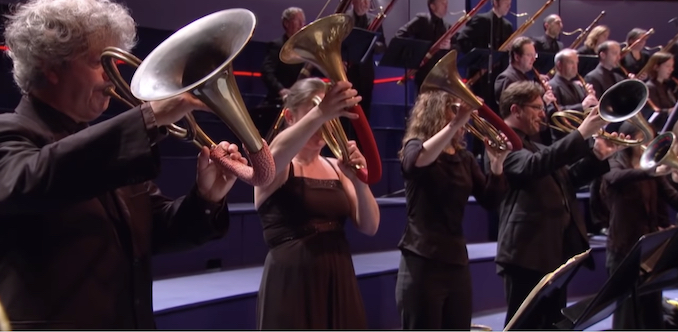
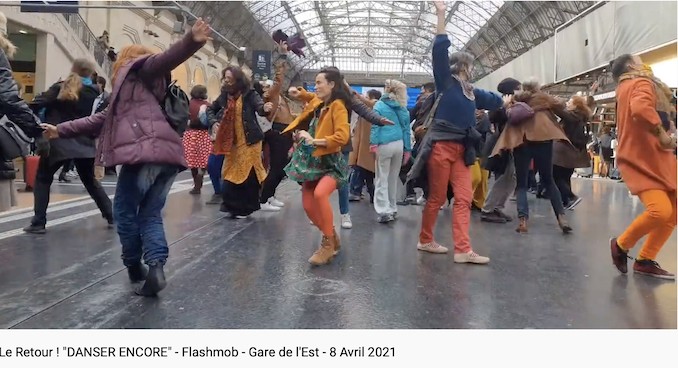

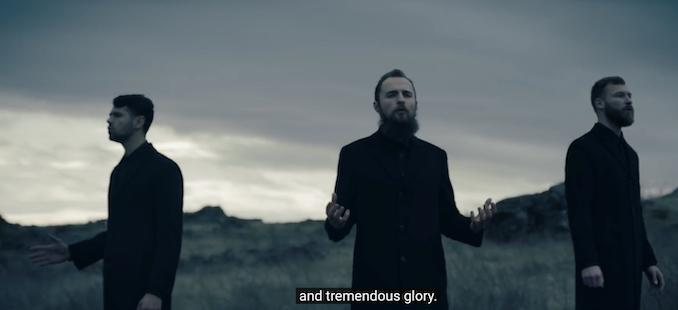
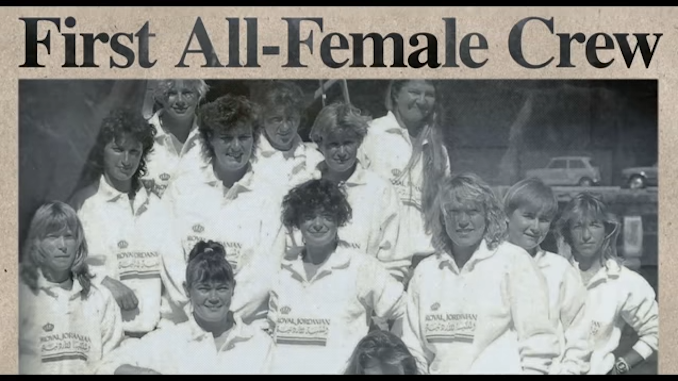
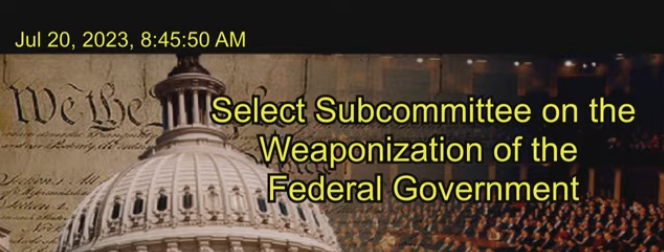
Beautiful, thank you.